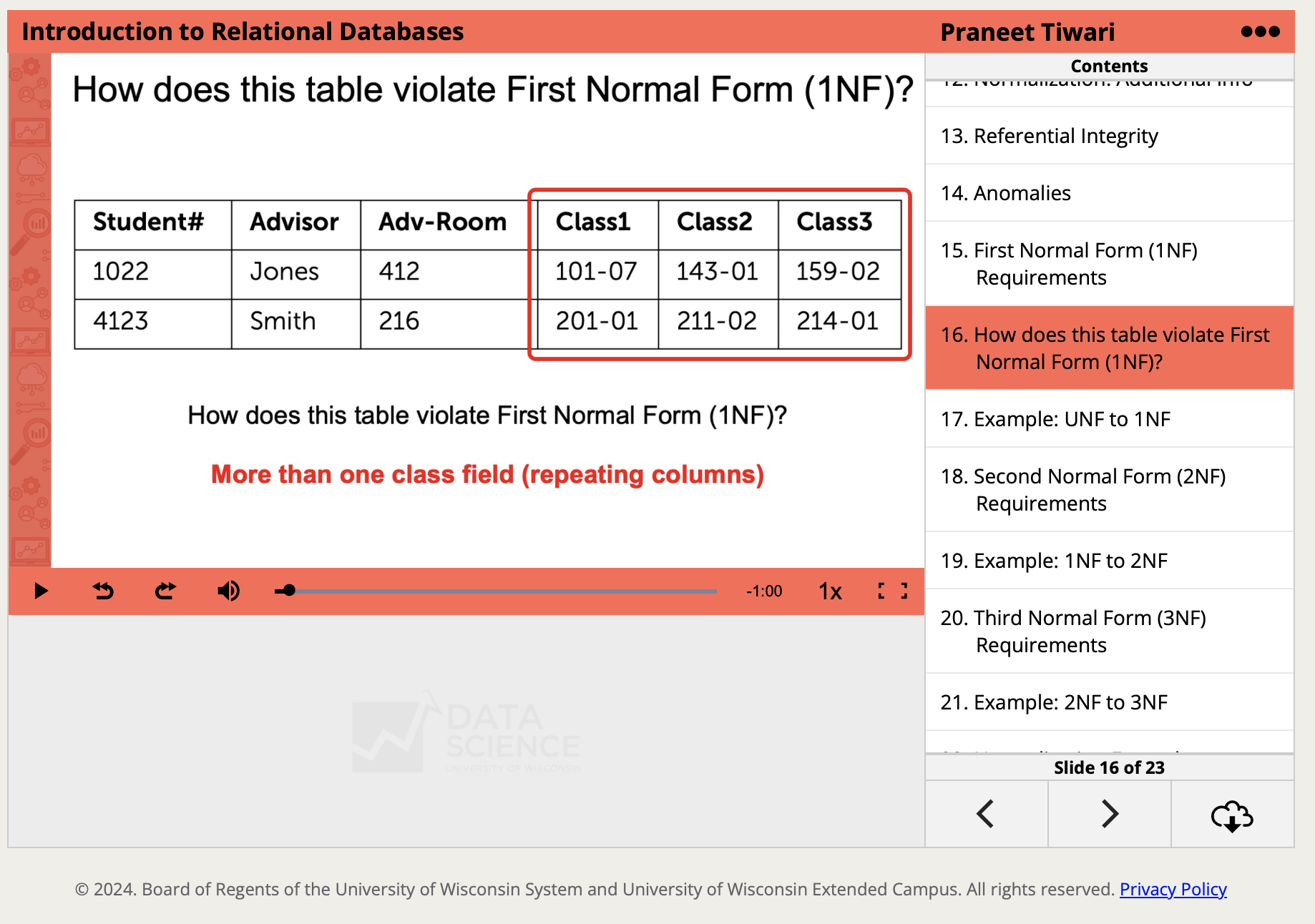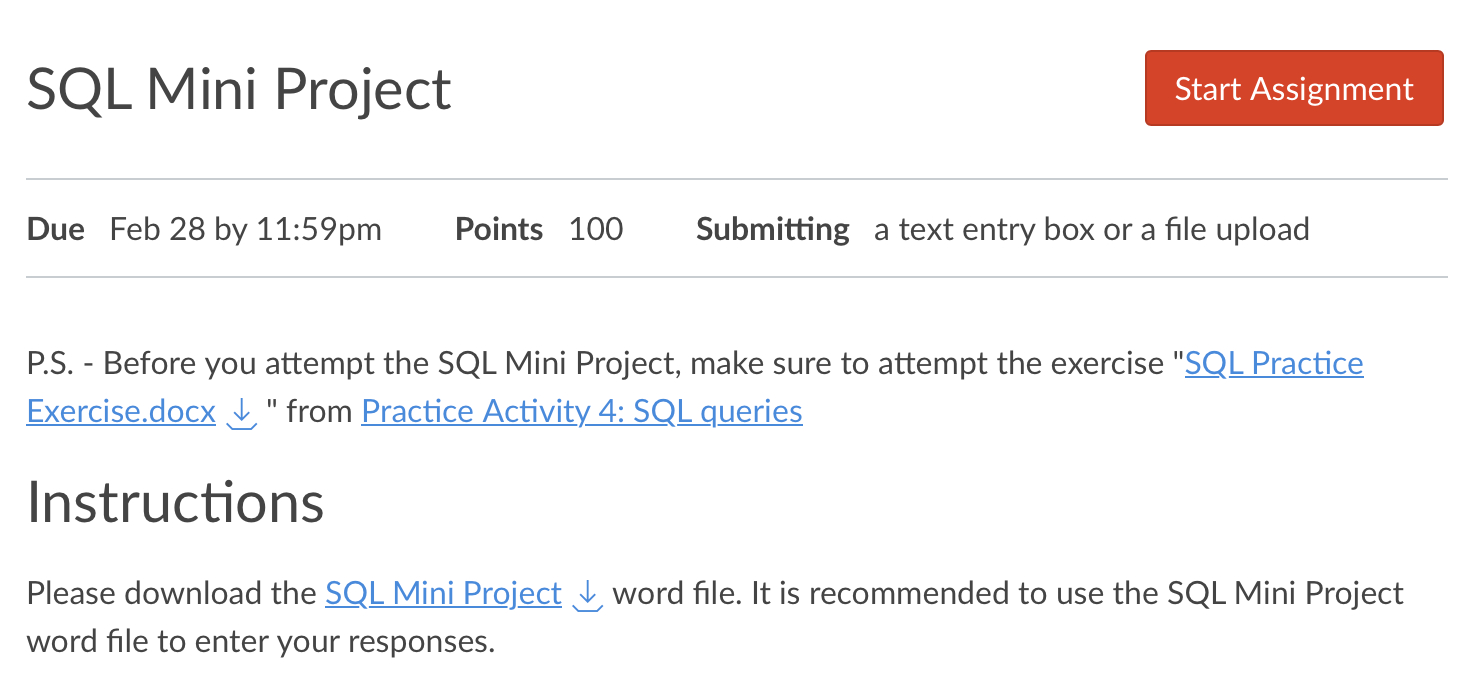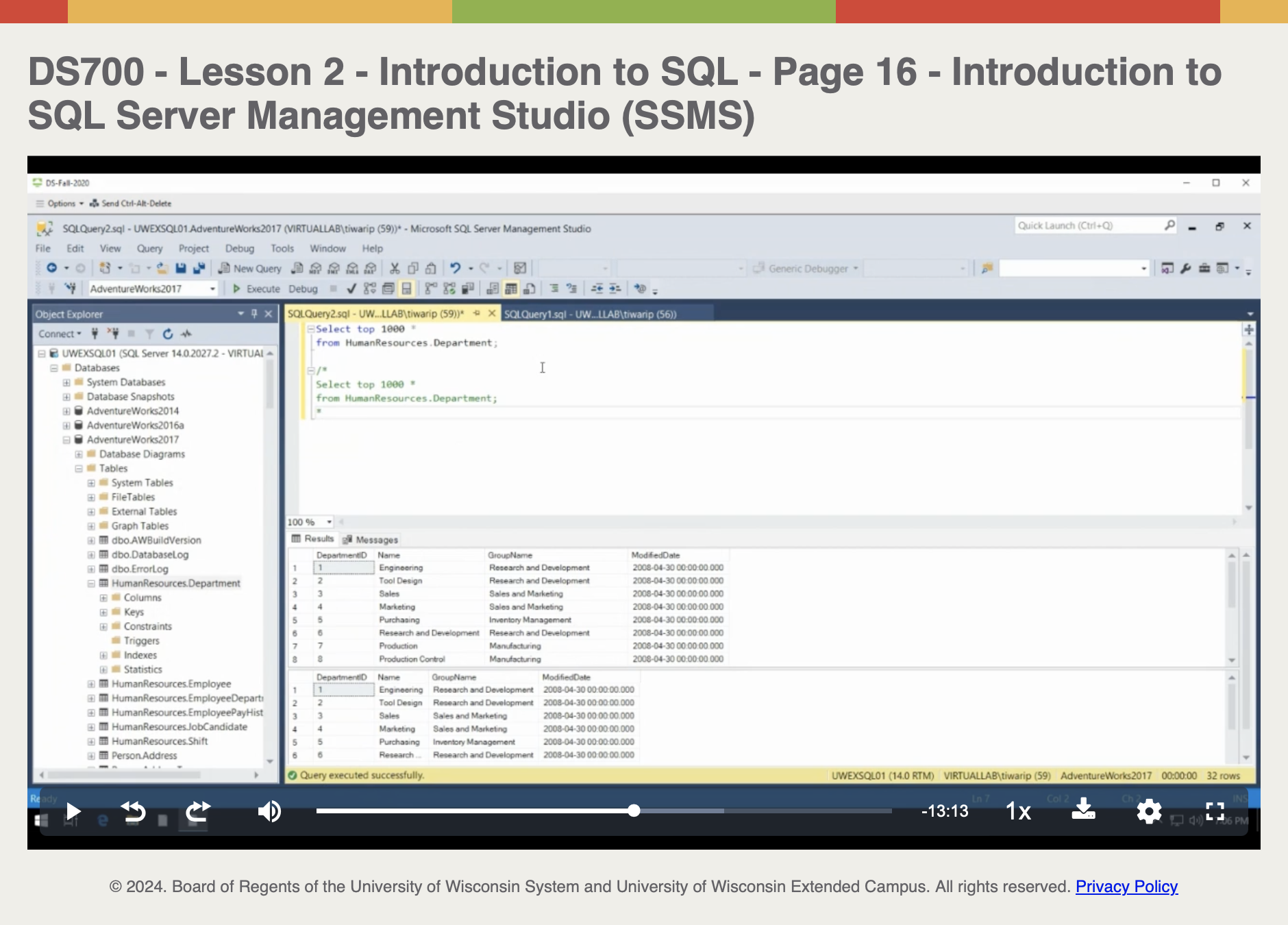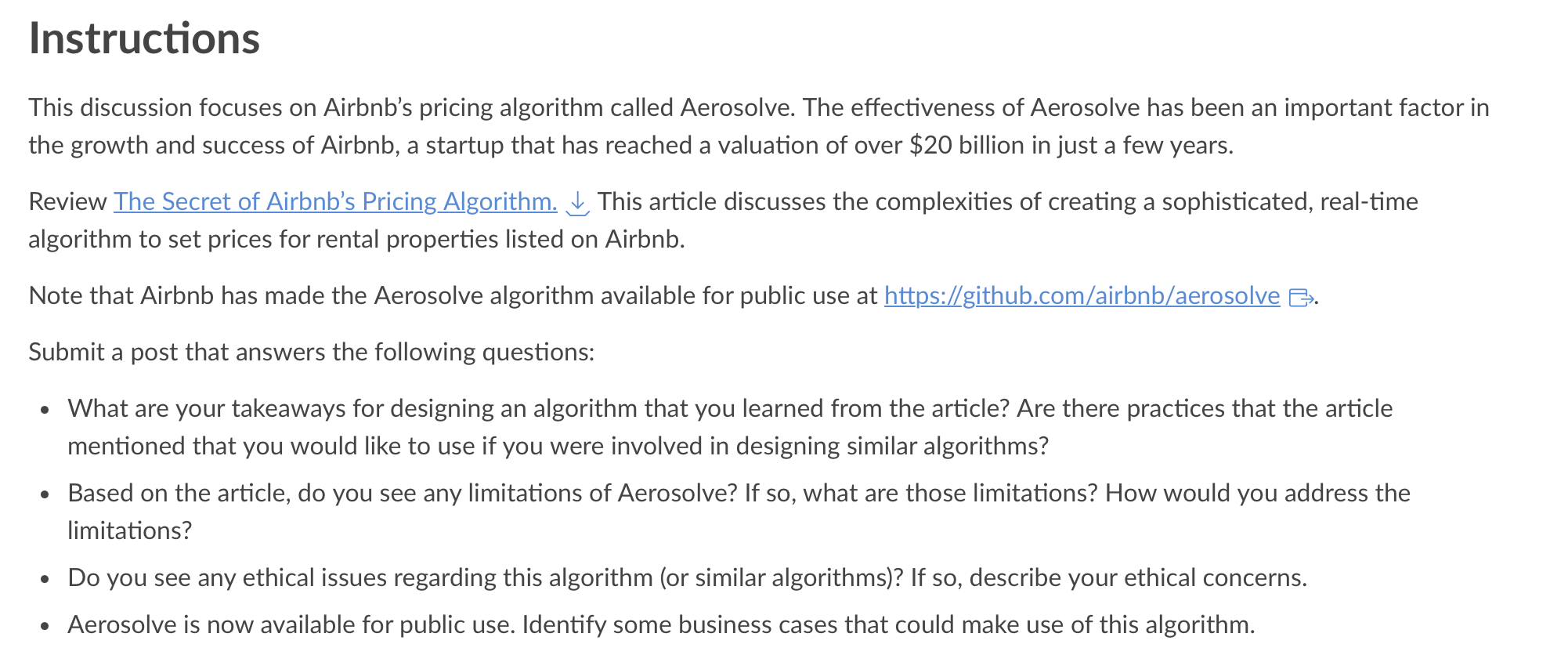“What are the UW Data Science master’s program courses like?”
We often receive this question from prospective students. So, we created this post to give you an inside look at the first data science course in the curriculum, DS 700: Foundations of Data Science—and to answer some of the questions that may be on your mind.
What will I learn in the course?
DS 700: Foundations of Data Science introduces you to data science and its importance in business decision-making. The course provides an overview of commonly used data science tools, such as R and SQL Server, along with assignments on descriptive and predictive analytics. There is a focus on statistics, programming, ethical perspectives, and strategic deployment of analytics to lay the foundation for data science applications.
At the end of this course, you’ll be able to:
- Comprehend fundamental concepts in data science and analytics
- Understand fundamentals of SQL and apply them to relational databases
- Use RStudio for programming, using packages, debugging, and knitting Rmd files
- Effectively utilize packages from Tidyverse for R
- Read/write data of various formats using R
- Create effective visualizations using ggformula
- Perform linear and logistic regression, interpret, and graph the model
- Perform exploratory data analysis with dplyr package in R and perform data cleaning, management, and manipulation with R
- Use conditional statements, loops, and control flow logic in R
- Interpret p-values
This course features lessons that consist of lectures, readings and other media, assignments, discussion prompts, quizzes, and a final project:
- Introduction to fundamental concepts in data science and analytics
- Introduction to SQL and relational databases
- SQL Join and conditional flow statements
- Advanced SQL Server operations (Transact SQL)
- Intro to RStudio for programming, using packages, and knitting Rmd files
- Intro to debugging in RStudio, linear and logistic regression, and graphs
- Implement graphs in R, perform exploratory data analysis with dplyr
- Implement joins in R, use control flow logic, manipulate datasets, and implement imputation
- Implement functions in R, advanced debugging, good coding practice
- Write and debug code involving control flow logic
- Interpret p-values, solve complex problems using R
- Demonstrate ability to synthesize knowledge and skills
What are the lectures like?
After you enroll in DS 700: Foundations of Data Science, you can log in to the learning management system to access all course content. The lectures are hosted in the Storybook+ media player and contain rich media content—slides, animations, videos, and instructor narration. You can listen and replay lectures as many times as you wish.
Some lessons have video content featuring interviews with real-life data scientists about their work and the current industry landscape. Other videos show the professor demonstrating vital skills that data scientists use on the job, including how to perform a K-means cluster analysis or work in SQL Server.

What type of assignments do I complete?
There is a mini project and a final project that encourage you to practice and demonstrate the concepts you learned in the course. You might be asked to create SQL queries for various scenarios using the sample database. You will use your R programming skills honed during the course to perform analytical operations and derive inferences.
Here’s an example of the mini project:

What else do I do in the course?
Learning material. The professor for this course picks selections from textbooks, articles, or videos for students to watch. Sometimes, you are asked to reflect on this material in an assignment or discussion prompt.
Discussion posts. A lesson may include a graded discussion prompt, which gives you an opportunity to learn from your peers and contribute your own ideas to the group. For these, you craft an initial post and reply to other students’ posts.
Quizzes. Most lessons include a quiz of 25 to 30 questions covering that week’s course content, readings, and videos.
What technology do I use in this data science course?
You use MS SQL Server, RStudio, and Microsoft Office (Access, Excel, Word, PowerPoint). All of these software applications are on the virtual desktop platform, which you have access to as a student in the UW Data Science program.

Who developed the course?
The course was developed by instructors Praneet Tiwari and Abra Brisbin. Instructors work regularly with an instructional design team, media team, and an advisory board of industry experts to ensure that the course remains cutting-edge and aligned with workplace and employer needs.
Do students in the course interact?
Yes. Students interact and share ideas through graded discussions in the learning management system. Also, data science students can collaborate, ask questions, and have general, non-assessed discussions through Piazza, a web-based forum.

How much do I do in one week?
Generally, you need to complete one lesson per week. You have seven days to complete readings and other learning materials, lectures, assignments, and discussion posts. (If you take the course during the summer term, the timeline is accelerated, and you may complete multiple lessons per week.)
This data science master’s curriculum is as intensive as any University of Wisconsin program—on campus or otherwise. Some students put 20 hours of work into one course each week. But that number varies widely depending on how much experience they bring to the program. Although the program requires a serious time commitment, the flexible, online format allows you to study early in the morning, late at night, or whenever works best for your schedule, making it ideal for those who work full-time.
Have questions about DS 700: Foundations of Data Science, the rest of the curriculum, how to apply, home campuses, and more? Our enrollment advisers can help. Call 608-262-2011 or email learn@uwex.wisconsin.edu.
Get Program Guide
Learn more about our 100% online degree and certificate programs.










